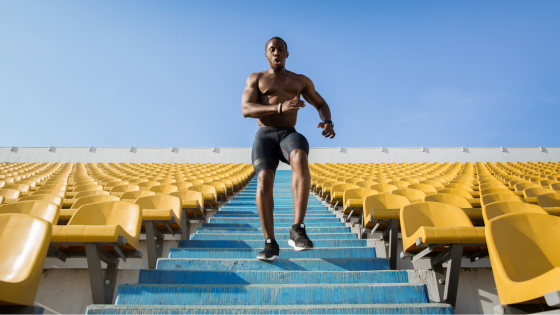

Advanced Methods For Making Infinite Gains
Most exercisers struggle to progress in the long run because they select exercise progressions which are too fast, and don’t have the right understanding of how to slow down progressions as gains slow down naturally over time. Linear periodization commonly falls into this group, and is how a lot of exercisers burn out early. In the long run, any progression can be sustainable, so long as you DO slow down the progression over time. In this post, I go over 3 advanced methods I use with my own workouts and with my clients to ensure that gains can progress indefinitely with minimal issue - adding volume, adding training sessions, and splitting volume up into more exercises.

There's No Magic Bullet: The Truth About Getting in Shape
There are no magic bullets to success in getting in shape. Crash diets, 30 day fitness challenges, and new supplements generally make strong promises and completely fail to deliver. If there’s anything close to a magic bullet, it’s seeking out a support system and learning to think long term, buckling down for the sustainable process of habit change.


Should You Workout On Vacation?
You don’t need to workout while on vacation. The amount of time people often take for vacations (one to two weeks) is generally not long enough to lose your progress. Even if you do, it’s much easier to get back to your pre-vacation numbers than to get there in the first place. Vacations are supposed to be fun, relaxing, and restorative. You’re not supposed to be going through your normal routine and habits. Taking a break means that you’ll (hopefully) come back to your normal life with enough energy and motivation to make it through until your next break. Traveling, or even vacation days at home, are usually more physical than an average desk job. You’re still moving. However, if it doesn’t feel like enough, a simple workout once a week while on vacation is enough to keep your gains up.

How Lifting Made Me Smarter
Often, physical activity improves more of our lives than just our bodies, it helps our brains, too. Regular exercise can help with undertanding organization, practice, goal setting, and finding meaning in what you’re learning. When the things you learn personally mean something to you, it’s more likely you’ll retain that knowledge. Some of the physical benefits of lifting - energy regulation, improved sleep, and mood stabilization - helps us be more attentive and energetic, aiding in the learning process.
